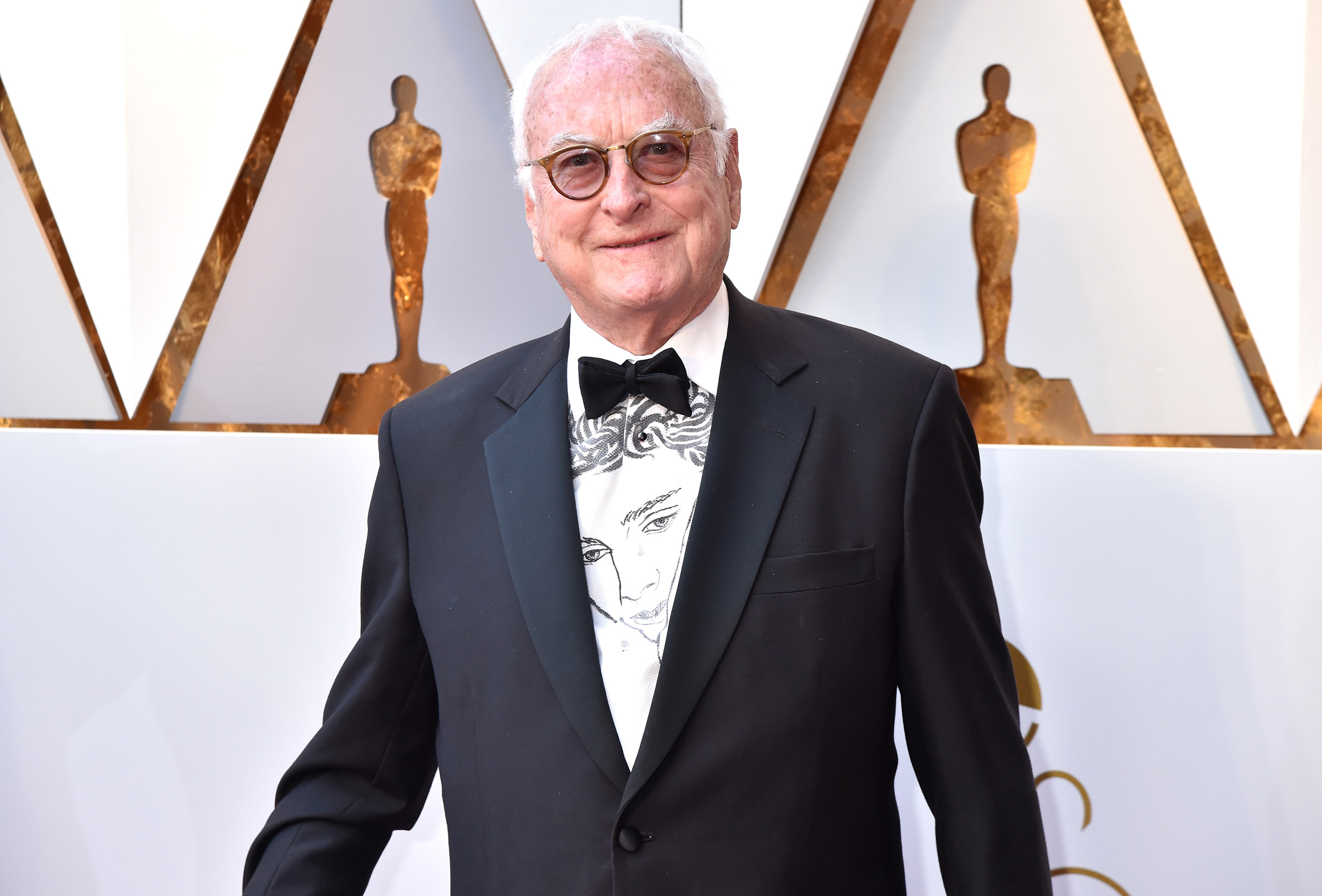

Ivory’s premature retiral was brought about by ill health: it seems he was an early sufferer from stress, pressured by the long hours and vast effort he spent on higher mathematical research, in addition to his teaching. His citation read “For his various Mathematical Contributions printed in the Philosophical Transactions”.

In 1814 Ivory won the prestigious Copley Medal presented every year by the Royal Society of London.

James ivory full#
He was very highly regarded at the College and when, in 1819, he retired without the requisite years for a full army pension, this was pressed for and obtained on his behalf by his colleagues. It was in his early years here that he gave gave his first paper to the Royal Society of London. Ivory was quickly re-employed, returning to teaching when he was appointed Professor of Mathematics at the Royal Military College, then at Marlow but later at Sandhurst. The venture in manufacturing was never successful and the partnership was dissolved with losses in 1804. Ivory was the managing partner but still devoted much of his time to mathematics, presenting four papers to the Royal Society of Edinburgh during this period. He went into partnership with a Mr Douglas and started up a flax mill on Carbet Water at Douglastown, near Forfar. Perhaps understandably, given his humble fees, Ivory quit the school for business in November 1789, barely a month into Dundee Academy’s fourth year. Weir recognised this and “as a profound mathematician confessed to his friends his inferiority to his assistant”. Ivory was the most poorly paid of the three teachers, but this did not reflect his ability. In a draft prospectus (, ) for the school, Ivory’s fees as Assistant Master are given as half-a-guinea per session, compared to two guineas for James Weir, the Rector. He returned to Dundee in June of 1786 to teach mathematics at the newly founded Dundee Academy, which had come about partly through Ivory’s own efforts. Andrews to go to Edinburgh for the final year of theology, which was required to become a Church of Scotland Minister, but never followed his intended path. Andrews in 1779.įor four years Ivory studied Arts (which at that time would have included sciences) and then spent two years in theology. He was schooled in Dundee before matriculating at the University of St. James Ivory was born on 17th February, 1765, the first son of a well known Dundee clockmaker, also James Ivory.


 0 kommentar(er)
0 kommentar(er)
